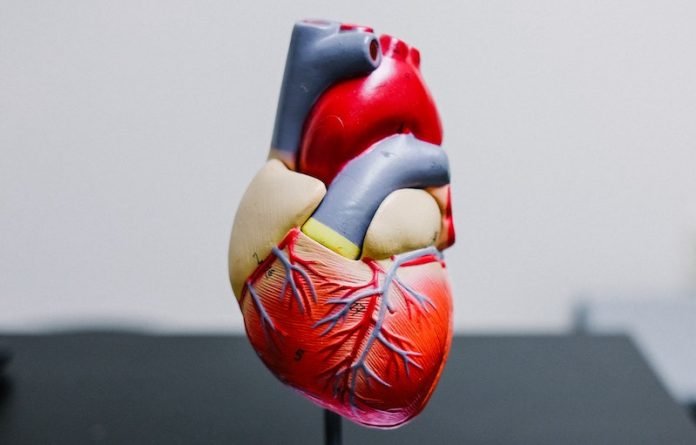
In a study from Johns Hopkins University, scientists found structural or functional abnormalities within the heart’s left atrium, with or without symptoms, may increase a person’s risk of developing dementia later in life by 35%.
Dementia risk increased even among those who did not experience atrial fibrillation or stroke, two conditions known to be linked to dementia.
The left atrium is one of four chambers of the heart and is responsible for receiving blood from the lungs and pumping it into the left ventricle, which then pumps the blood to the rest of the body.
An abnormality in the structure or functioning of the left atrium, known as atrial cardiopathy, can often serve as a biomarker, or predictor, of a person’s cardiac risk.
Atrial cardiopathy is linked to an increased risk of stroke and atrial fibrillation, which are both linked to an enhanced risk of dementia.
In the study, the team aimed to test the link between atrial cardiopathy and dementia, and if so, whether it is independent of atrial fibrillation and stroke.
They examined more than 5,000 of the 5,952 participants with an average age of 75 years old.
The team found that throughout the more than 30 years of follow-up, 763 people developed dementia, and 1,709 had atrial cardiopathy. The participants with atrial cardiopathy appeared to be 35% more likely to develop dementia.
When the researchers adjusted for participants who experienced atrial fibrillation and stroke, even after accounting for other vascular risks, they still observed a respective 31% and 28% increase in dementia risk in patients with atrial cardiopathy.
The researchers suggested that a state of atrial cardiopathy leading to dementia s is not a result of atrial fibrillation or stroke alone.
While the researchers note the results do not imply causality, they emphasize the importance of lowering vascular and heart disease risks.
The study results highlight the need to get a better understanding of the relationship and mechanisms between a state of atrial dysfunction, that may be subclinical (not presenting symptoms) and the newly uncovered association with dementia.
If you care about dementia, please read studies about heartburn drugs that could increase risk of dementia, and this supplement could keep dementia at bay.
For more information about brain health, please see recent studies about how high blood pressure could increase your dementia risk, and results showing this MIND diet may protect your cognitive function, prevent dementia.
The study was conducted by Michelle C. Johansen et al and published in the Journal of the American Heart Association.
Copyright © 2022 Knowridge Science Report. All rights reserved.



